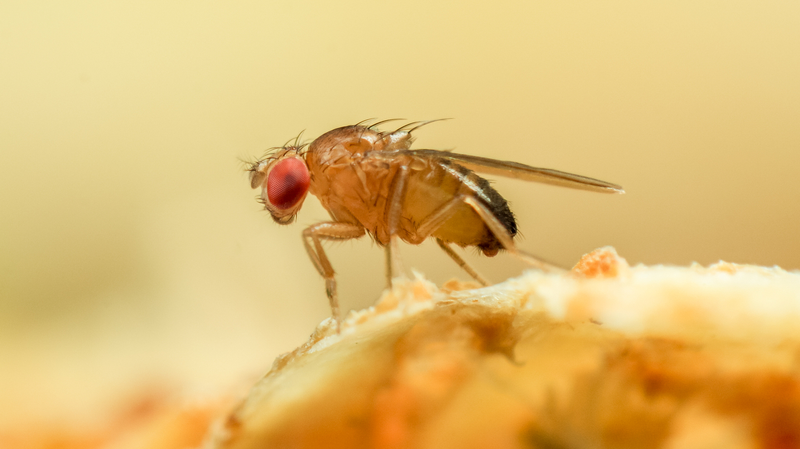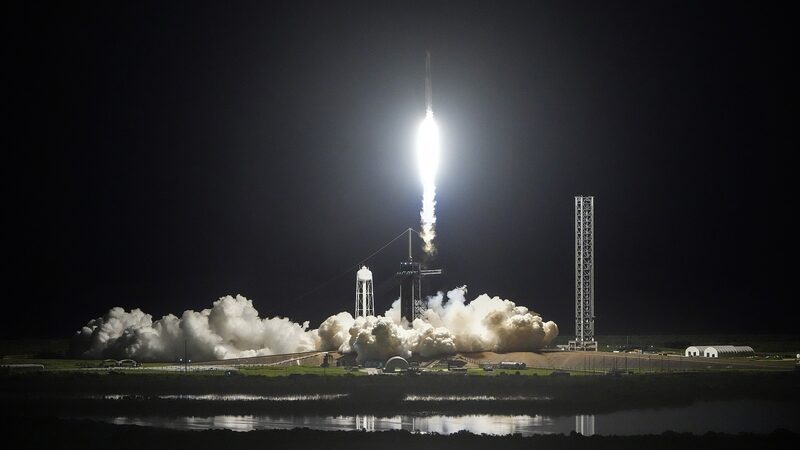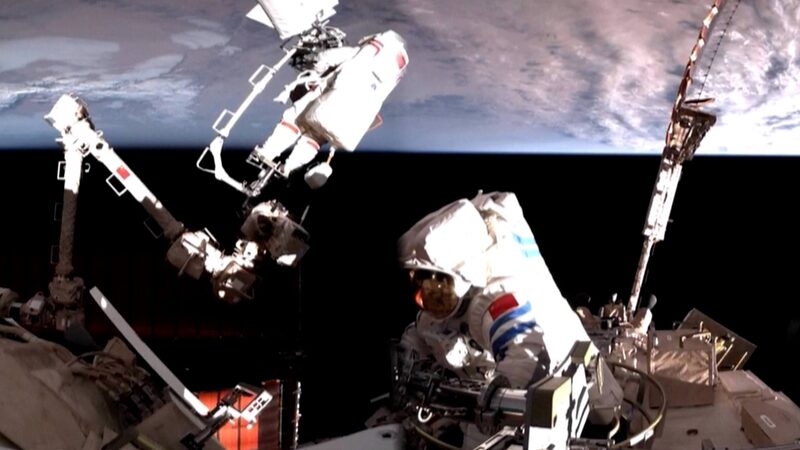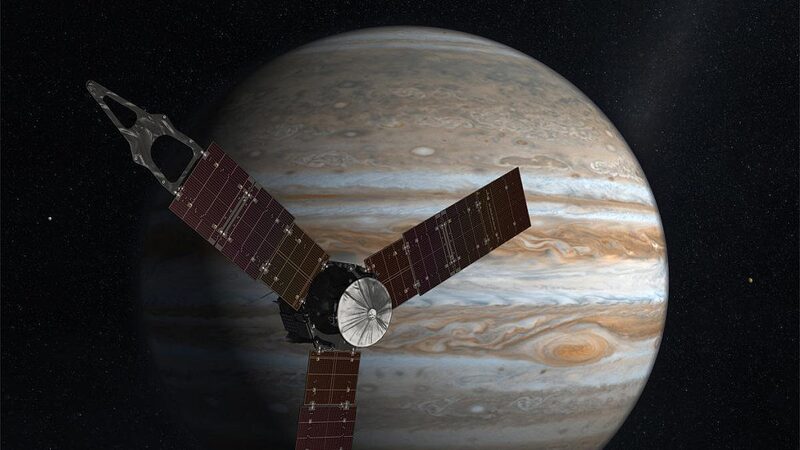Seeds that spent nearly a year orbiting Earth aboard China’s space station have landed back on the ground—and they’re ready to revolutionize farming! 🌍👩🔬 The Shenzhou-17 crew brought home these cosmic specimens, which endured 11 months of space radiation to potentially unlock the future of agriculture.
Scientists at the Lanzhou Institute of Husbandry and Pharmaceutical Sciences are now germinating alfalfa and oat seeds exposed to literal out-of-this-world conditions. Why? To develop super-crops with sky-high yields, climate resilience, and next-level nutrition. 💪🌾
“This isn’t sci-fi—it’s science fact,” says Chief Scientist Yang Hongshan. The team has already used space-bred seeds to create four advanced forage varieties now boosting farms across China. Their latest project? A mission to secure sustainable food systems as climate challenges grow.
With agriculture contributing $1.4 trillion to China’s economy, this interstellar farming hack could be a game-changer. Think: crops that thrive in droughts, resist pests naturally, and feed more livestock. 🐄🚜
From lab to field, these seeds prove that the next agricultural revolution might just start in orbit. 🌌✨
Reference(s):
Seeds from China's space station applied in breeding experiments
cgtn.com




